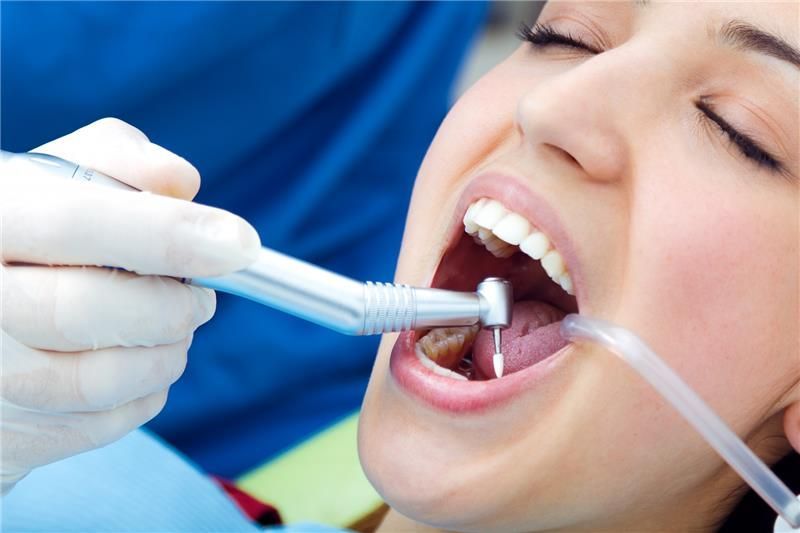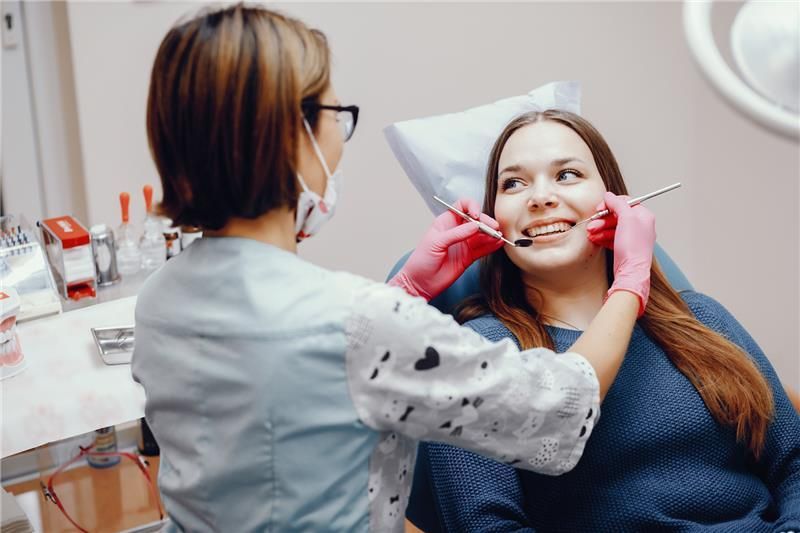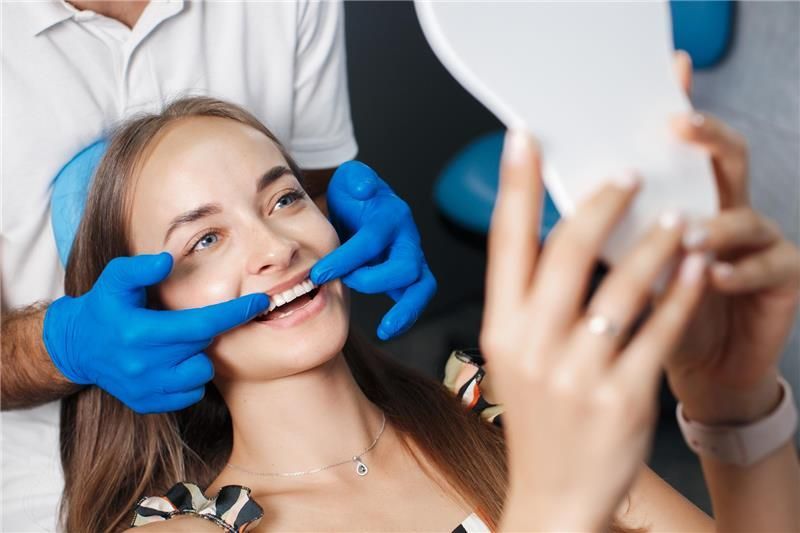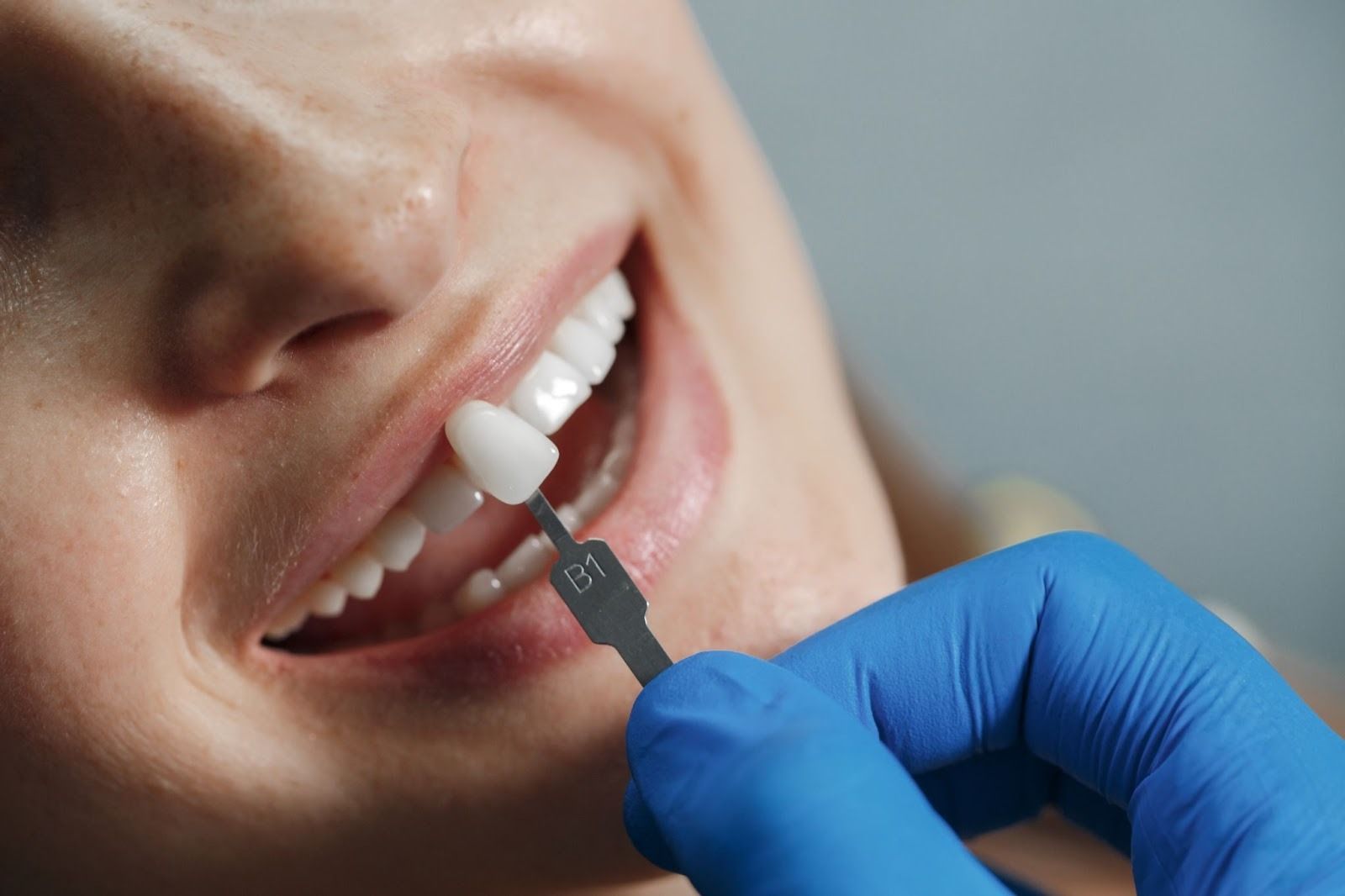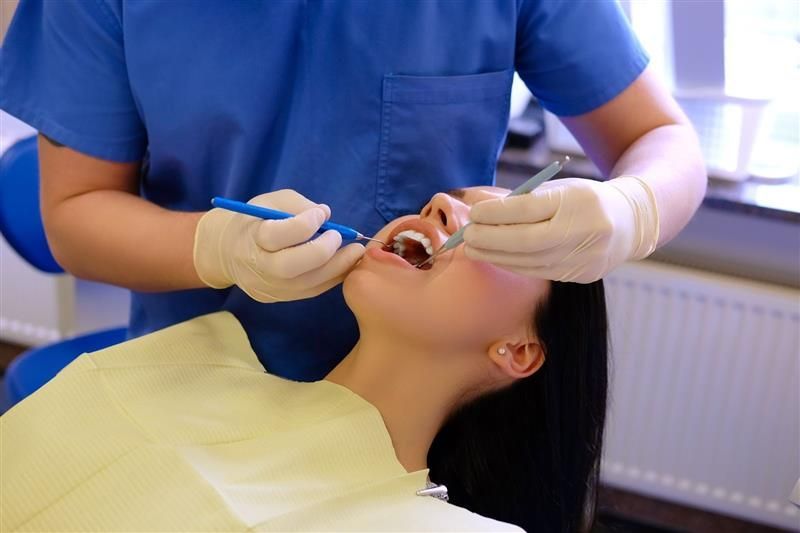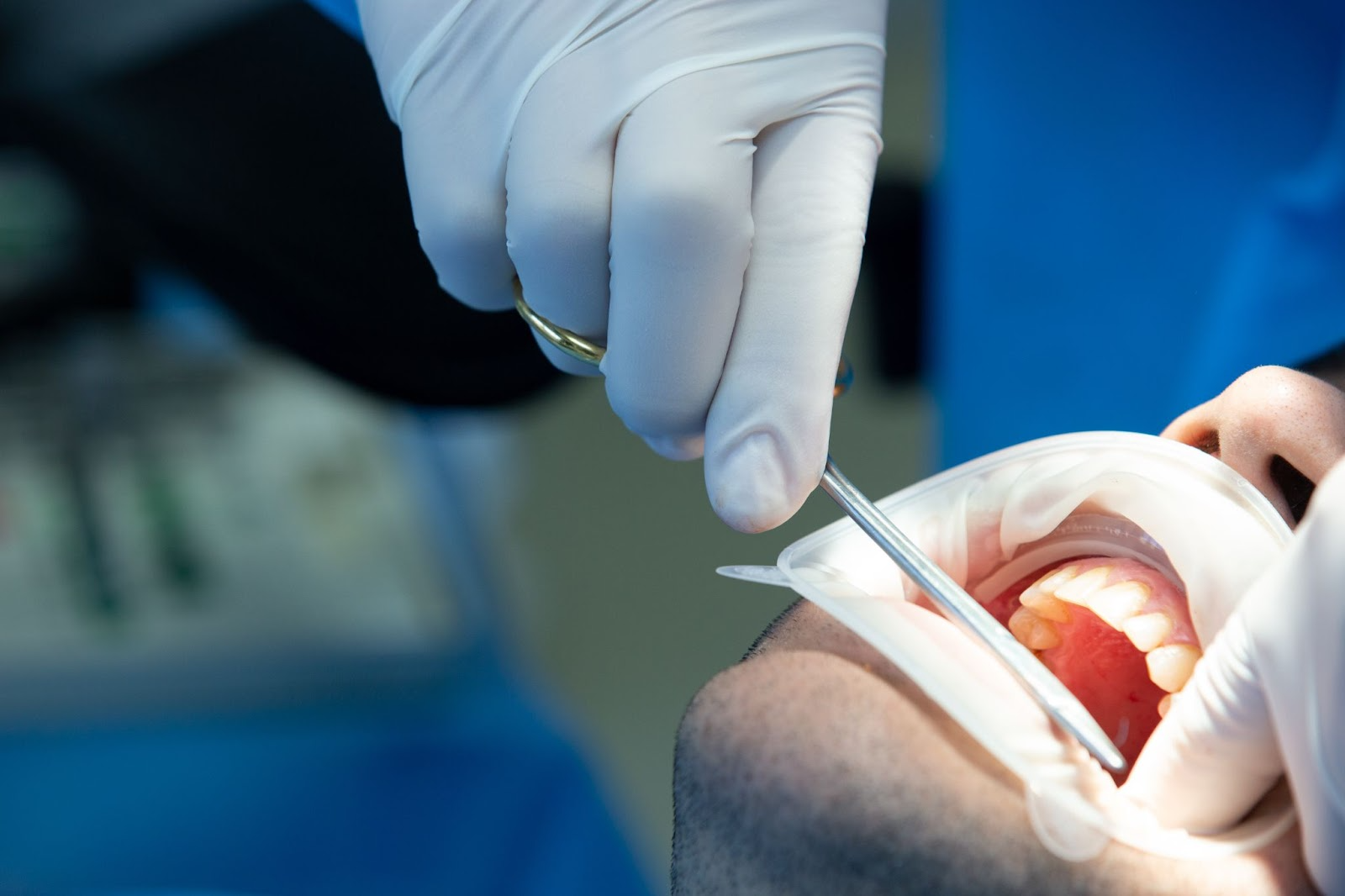What Are the Causes of Dental Plaque and How to Prevent them?
What is Dental Plaque?
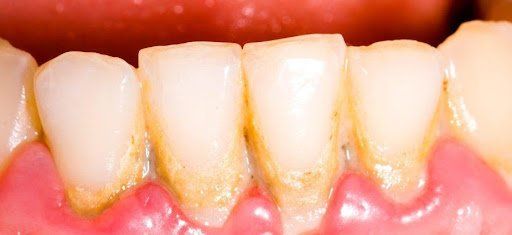
Plaque is a kind of sticky film that forms on the surface of the teeth every day. You can feel the fuzzy coating, as soon as you wake-up in the morning. In medical terms, plaque is a “biofilm,” as it is a community of living microbes that is surrounded by the sticky polymer layer. The sticky coating allows the microbes to get attached to the surfaces in your mouth so that they thrive.
When the dental plaque isn’t cleaned, it draws minerals from the saliva to form a hardened yellow substance known as Tartar. It builds along the gumline and back of the teeth.
What Are Causes of Plaque?
Our mouth is a thriving ground of bacteria and other organisms.
Most of the time, the balance in the mouth is maintained, sometimes the problem happens when certain bacteria strains become overabundant.
The bacteria feed on the sugar you eat, causing the production of acids in the mouth. Those acids lead to problems such as gingivitis, cavities, and other kinds of tooth decay.
Under the gums, tooth decay happens from dental plaque. You can’t see it, but it eats away our teeth.
How Plaque Can be Diagnosed?
Plaque is sometimes pale or colorless in appearance. Only a dentist can identify the plaque in your teeth. They use a small mirror during an oral examination.
How to Treat Plaque?
Plaque can be removed via everyday brushing and flossing. Always use a soft-bristled toothbrush to prevent tooth damage. These days, some dentists recommend an electric toothbrush for better results when removing plaque.
A 2019 study revealed that toothpaste having baking soda is effective for getting rid of plaque.
The plaque which has been hardened into tartar can only be removed by a professional dentist. Your oral hygienist can get rid of plaque during general check-ups and cleaning sessions. Since the tartar is built up around the hard-to-reach areas, it is indispensable to visit the dentist twice a year for removal.
How Do You Prevent Dental Plaque?
Practice Oral Hygiene
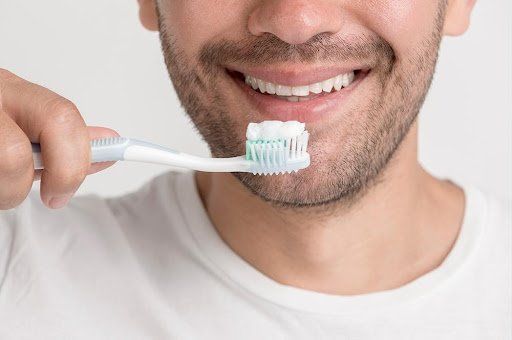
Clean your teeth every day to prevent plaque. Brush twice a day, especially after having sugary foods. According to American Dental Association, brush your teeth for at least two minutes.
Rinse Your Mouth

Mouth rinses along with tooth brushing and flossing cause a significant reduction in gingivitis and dental plaque.
Cranberries
Several lab studies have shown the polyphenols in cranberries are effective deterrents to mouth bacteria that cause plaque and dental cavities.
If you want a mouth rinse that doesn’t have any side effects or leads to staining, opt for a herbal oral probiotic rinse.
Top Dental Clinic in Brooklyn
Book a dental consultation with our dentist for an advanced dental care services clinic in Brooklyn, NY. We offer affordable dental services at our state-of-the-art dental clinic. Our competent panel of qualified oral surgeons offers full-suite dental solutions, spanning from cleaning & whitening, periodontal treatment, Invisalign, and dental implants. Call us at 718.573.3333or write to us at info@parkdentalbk.comto fix an appointment

